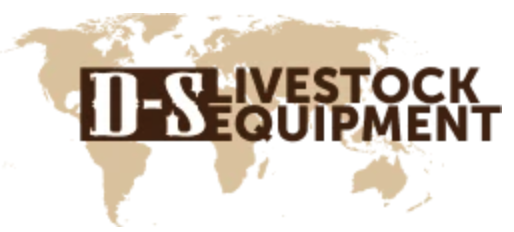A Few Tips for Loading Cattle
If you’re interested in raising, selling, or showing cattle, you may eventually need to load your animals into a trailer. If you’ve never done this before—and even if you have—this can be a difficult task. To help you make the process smoother, we’re happy to offer you a few ideas on safely transporting your cattle.
The first thing you should do is inspect your vehicle. For instance, you’ll want to make sure your trailer and your truck hitch together properly. You’ll also want to place shavings on the ground to prevent your cattle from slipping. This will also give them a place to lie down. You should also be sure your vehicle is running well.
If you’re picking up cattle, you should ask your owners to avoid giving the animals food. If your cattle are hungry enough, you may be able to use food to lure them into your trailer. However, you should make sure they have enough water, even while they’re in the trailer. Hang a bucket and fill it with water. We recommend hanging it high enough for your cattle to drink from, but not low enough for them to poop in.
Finally, when your animals are in the trailer, please separate your bulls from each other. If you don’t, they could fight and hurt themselves or damage your trailer. Similarly, bulls should be separated from calves and cows. However, once your cattle are loaded, you should test your trailer’s weight distribution to make sure your ride is smooth. Finally, when you’re driving, please remember to avoid stopping suddenly and sharp turns.
If you are interested in learning more, please feel free to contact [practice_name] at [phone]. We’re excited to hear from you.
